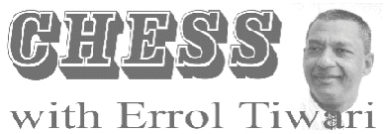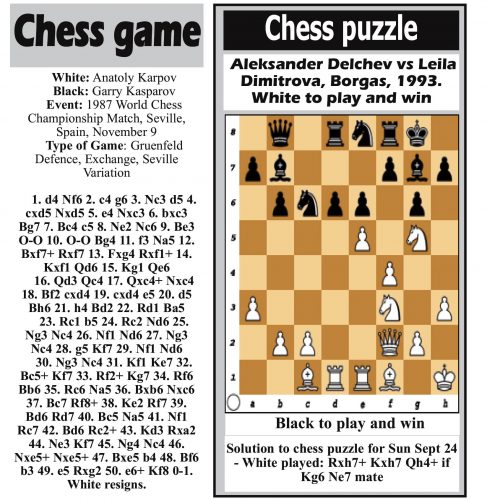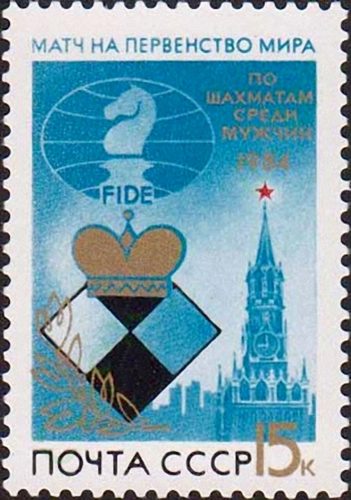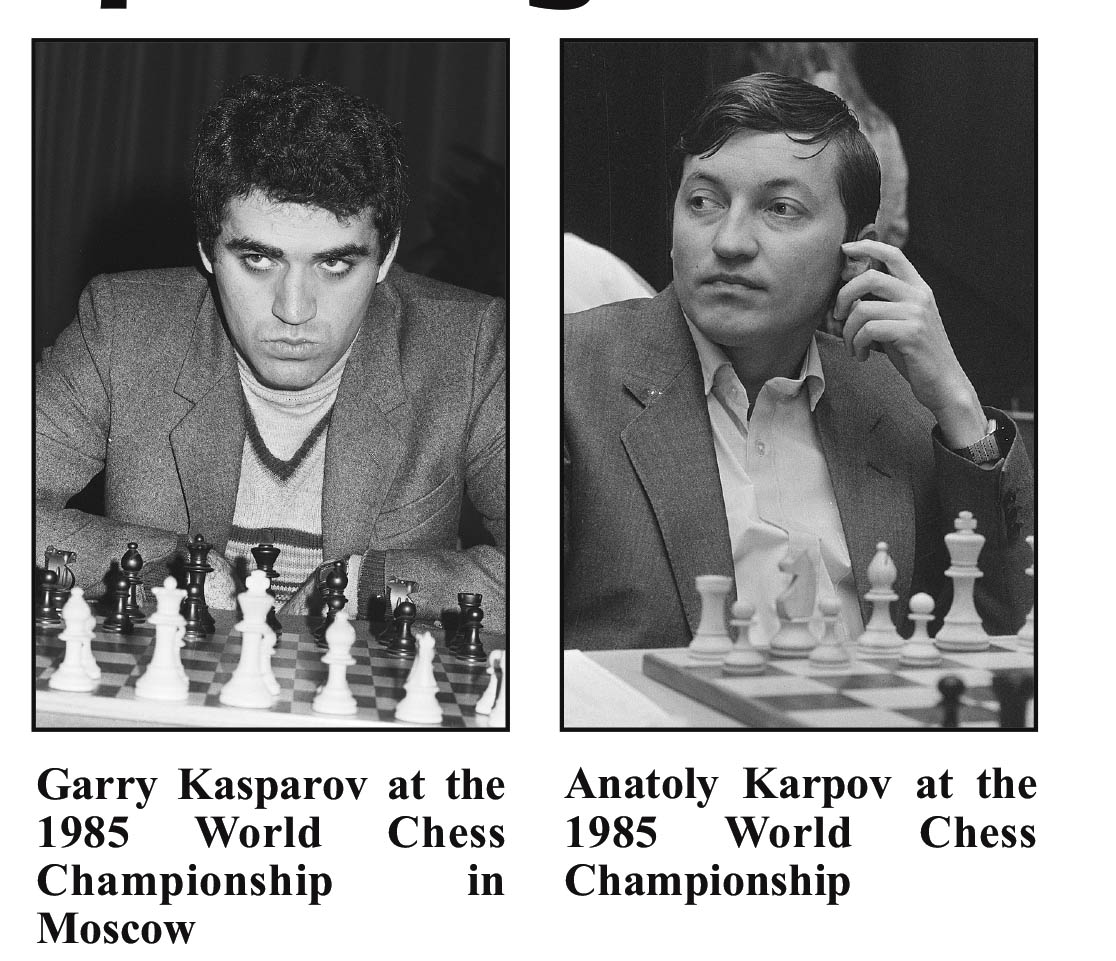

Karpov’s match with Kasparov was described as a bitter rivalry. Just as Karpov’s supremacy seemed to be evident, a new and more dangerous challenger was rising through the ranks. Kasparov had arrived! The two met in 1984 in Moscow. Karpov increased his lead from four victories to five, and Kasparov from one to three after a gruelling five months and 48 games. Amidst rumours that Karpov was physically and mentally exhausted, the 1984 match was halted. A rematch was scheduled to start within six months with Karpov having the right to a return match should he lose the title. Karpov vs Kasparov 2 was played in Moscow and was wisely scheduled for a maximum of 24 games. This time, Kasparov won and became the 13th World Chess Champion. However, he did not have much time to savour the victory as Karpov had the right to a return match the following year.

In 1986, Kasparov and Karpov played their third encounter in London. Kasparov retained his title by a very narrow margin: 12.5 to 11.5 points. This London match ended Karpov’s automatic right for a return. If he wanted to earn the right to play another match against Kasparov, he would be forced to return to the Candidates cycle and begin from scratch once more. This he did in convincing fashion and Kasparov vs Karpov 4 took place in Seville, Spain, in 1987. This match turned out to be a very close call for Kasparov. Karpov was leading 12-11 in the 24-game match and needed only a draw to win back his title. However, Kasparov rose superbly to the occasion, grinding his opponent down in a long endgame and retained his title with a 12-12 draw.
The two adversaries met for the fifth and final time in 1990 when Karpov won the Candidates once again. This time, the match had an unusual format in that it boasted two venues: New York and Lyons. Kasparov was more convincing this time around and was certain of retaining his title two games before the end by reaching 12 points after the 22nd game. Karpov won game 23, but a draw in the last game gave Kasparov an overall match victory of 12.5 to 11.5 points. Karpov looked like the favourite to win the next Candidates, but he was surprisingly eliminated by Nigel Short.






